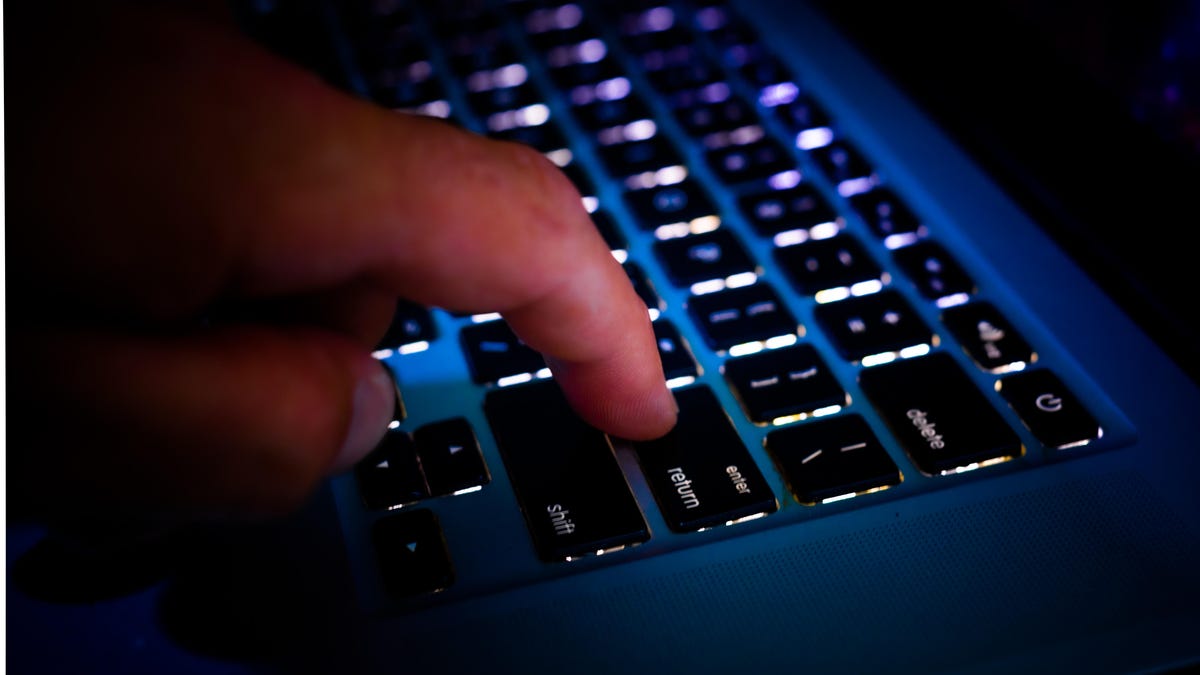Uber Investigating Computer System Breach

James Martin/CNET
Uber’s computer network was breached on Thursday, leading the ride-hailing giant to take several internal communications and engineering systems offline as it investigated the hack, The New York Times reported.
The company instructed employees not to use workplace messaging app Slack, the report said, citing two employees. Other internal systems were also inaccessible, The Times reported.
According to the Times, shortly before Slack was taken offline Thursday afternoon, Uber employees received a message on the app that read: “I announce I am a hacker and Uber has suffered a data breach.” The message also listed several internal databases that the hacker claimed had been compromised, the Times reported.
The hacker, who said he was 18 years old, said he was motivated by what he called weak security and provided screenshots of internal Uber systems to prove his access, the Times reported.
The hacker sent the message through the app after compromising a worker’s account, Uber told the Times. The hacker apparently was also able to gain access to other internal systems, posting an explicit photo on an internal information page for employees, the newspaper reported.
Uber said in a statement that it’s investigating a cybersecurity incident and is in contact with law enforcement officials.
Uber has been the victim of a hack before. In 2018, Uber agreed to a $148 million settlement over a 2016 data breach the ride-hailing service failed to disclose. Hackers were able to steal data on 57 million drivers and riders, including personal information such as names, email addresses and driver’s license number.
Rather than publicly disclosing the hack, which companies are required to do within a certain number of days in states like California, Uber paid the hackers $100,000 to delete the information and had them sign a nondisclosure agreement.
Joe Sullivan, who served as Uber’s security chief from April 2015 to November 2017, was indicted in 2020 for allegedly covering up the breach. Sullivan described the payment as a bug bounty reward, which companies often pay out to researchers who discover security flaws, but prosecutors said the payment was more of a cover-up than a bounty reward.?